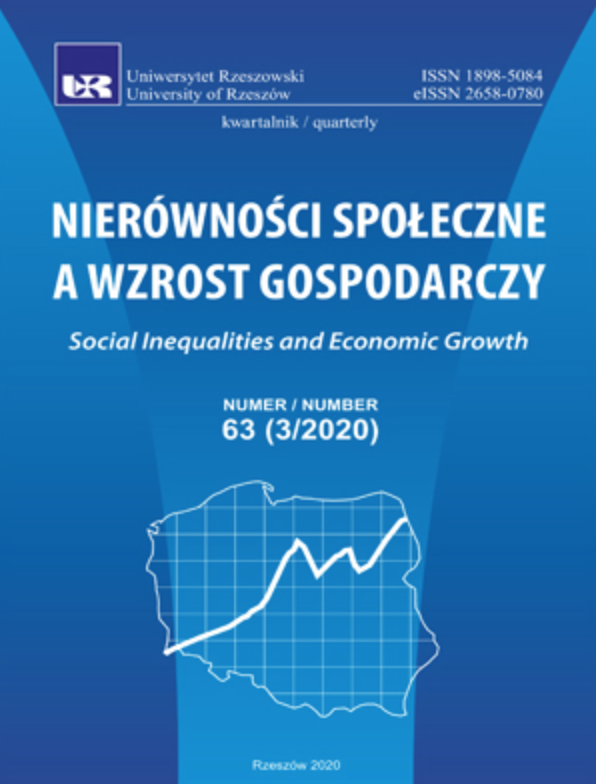A new institutional orientation of the development of science, knowledge and human capital in Poland versus integrated development
A new institutional orientation of the development of science, knowledge and human capital in Poland versus integrated development
Author(s): Michał Gabriel WoźniakSubject(s): Socio-Economic Research
Published by: Wydawnictwo Uniwersytetu Rzeszowskiego
Keywords: economy of Poland; economic policy; human capital; integrated development; public management; knowledge management
Summary/Abstract: The author of the paper demonstrates that in order to overcome contemporary developmentalthreats, it is necessary to shift towards a new model of the knowledge-based economy. The features of this model are compared with both the American model of the innovation-driven economyand the European model of the knowledge-based economy. Against this specific background, thedrawbacks are presented of reforms carried out in the knowledge sector in Poland since 1990.The focus is placed on an analysis of the reforms in science and higher education implemented inPoland since late 2018. Despite the fact that it was based on recommendations of the new publicmanagement system, the author considers not only the strengths but also the weaknesses of theapproach, and the fact that the latter may prove to be an obstacle in the modernisation of humancapital, which is to effectively harmonise development goals in all spheres of human existenceand activity. The author calls for the following solutions to limit the drawbacks referred to above: inviting an observer to the University Council in an advisory capacity, launching a path ofindividual-oriented interdisciplinary research grants, introducing a reliable process for the university and its organisational units to account for the actual implementation of previously declaredprogrammes of scientific development, student teaching and transference of own achievements,mandating and standardisation of student appraisals in teaching programmes, development ofa criterion matrix as a reference for promotions related to teaching achievements, enhancing thestatus of awards for teaching excellence, with obligatory and permanent monitoring of management procedures at universities in order to reduce bureaucracy.
Journal: Nierówności Społeczne a Wzrost Gospodarczy
- Issue Year: 2020
- Issue No: 63
- Page Range: 113-140
- Page Count: 28
- Language: English

